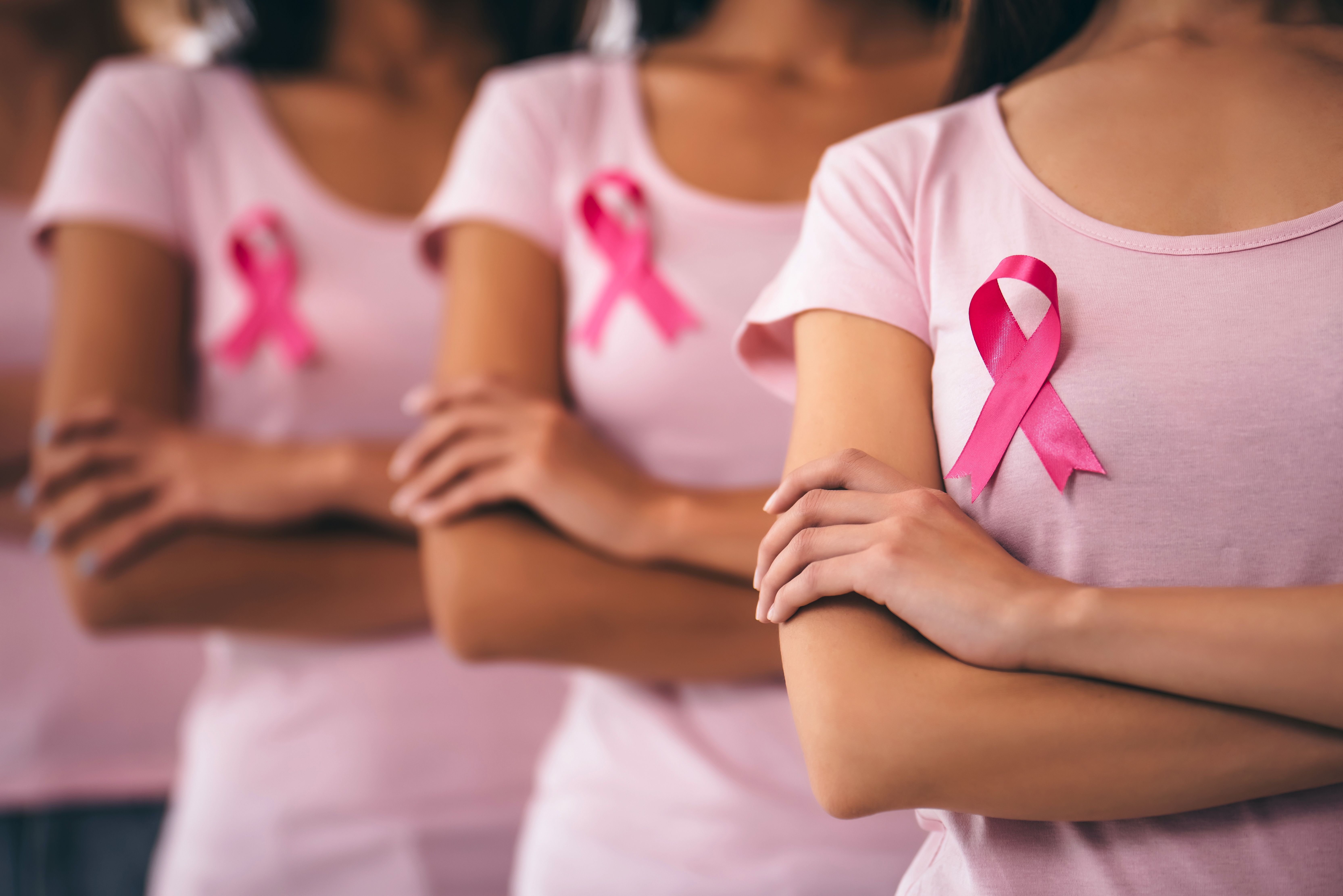
Latina breast cancer survivors are less likely to seek counseling due to concerns that the counselor will not understand their values or have linguistic challenges.
A number of barriers have been identified that discourage Latina breast cancer survivors from receiving psychosocial health care, although solutions may be reached through education about the benefits of these services, the normalization of mental health care services, and providing services that are culturally and linguistically sensitive to this population, according to a new study published in The American Journal of Psychotherapy.
Results from the research indicated that more than half of the sample were more interested in returning to a normal routine without seeking counseling (60%), caring for their own emotional needs (63%), or seeking support from friends or family members (56%). Additionally, the majority of Latina patients were more likely to seek counseling from a spiritual leader, as well as reporting there were no psychosocial counselors who spoke their language 9% vs 0%; P = .01) or understood their values and background (21% vs 7%; P = .001).
“This study evaluated barriers to psychosocial services use faced by Latina and non-Latina white breast cancer survivors at a comprehensive cancer center. Among the women who reported needing psychosocial services, Latinas were more likely to report that there were no counselors who could speak their language or understand their cultural values and background and that mental health services were too expensive,” the study’s investigators wrote.
A mail questionnaire was sent out to Latina and non-Latina White breast cancer survivors who had received treatment at a cancer center in New York City. The portions of the questionnaire that concerned psychosocial services and barriers were completed by a total of 265 women. When comparing the 2 groups, investigators reported that Latina women included in the sample had lower levels of education, with 30% completing high school or less, compared with 17% for non-Latina Whites. Thirty-two percent of patients who were Latina, indicated that they preferred their care to be delivered in Spanish, with 30% Latina. Additionally, 91% of non-Latina White patients were born in the United States, whereas a portion of Latinas were born in either Puerto Rico (22%) or South America (22%).
Within the last 2 years, 25% of the sample of patients had been diagnosed with breast cancer. Following their diagnosis, 116 (43%) patients—47 (49%) Latina patients and 69 (40%) non-Latina White patients—expressed a want or need for psychosocial services. In total 25 (53%) Latina patients and 46 (67%) non-Latina White patients utilized psychosocial services.
Compared to non-Latina White patients, the Latina population were more likely to agree that that mental health services were too expensive (43% vs 30%; P = .05), using an interpreter for therapy would make them uncomfortable (22% vs 1%; P <.001), and their doctor never told them about counseling (24% vs 36%; P = .06).
When investigators adjusted for demographic characteristics, several factors, including wanting to return to normalcy, a lack of information, believing it is normal to be distressed, feeling embarrassed about seeking services, and believing the counselor would not understand their background, were major predictors of lack of contact with professional and psychosocial services.
“This study illustrated how cultural and linguistic issues can become barriers to psychosocial service use. Our findings should help inform future strategies to make psychosocial services more accessible to non-Latina white and Latina people with breast cancer and to address their barriers to care. It is crucial to study and address the multilevel barriers in patient access to and use of psychosocial care that contribute to health disparities and discrepancies among racial [and] ethnic minority groups in the context of cancer treatment,” the investigators concluded.
Reference
Costas-Muñiz R, Garduño-Ortega O, Hunter-Hernández M, Morales J, Castro-Figueroa EM, Gany F. Barriers to Psychosocial services use for Latina versus non-Latina white breast cancer survivors. Am J Psychother. 2021;74(1):13-21. doi:10.1176/appi.psychotherapy.20190036
"breast" - Google News
September 01, 2021 at 07:03PM
https://ift.tt/38uPWZt
Latina Breast Cancer Survivors Are Less Likely to Seek Psychosocial Services Than Non-Latina Women - Cancer Network
"breast" - Google News
https://ift.tt/2ImtPYC
https://ift.tt/2Wle22m
Bagikan Berita Ini














0 Response to "Latina Breast Cancer Survivors Are Less Likely to Seek Psychosocial Services Than Non-Latina Women - Cancer Network"
Post a Comment